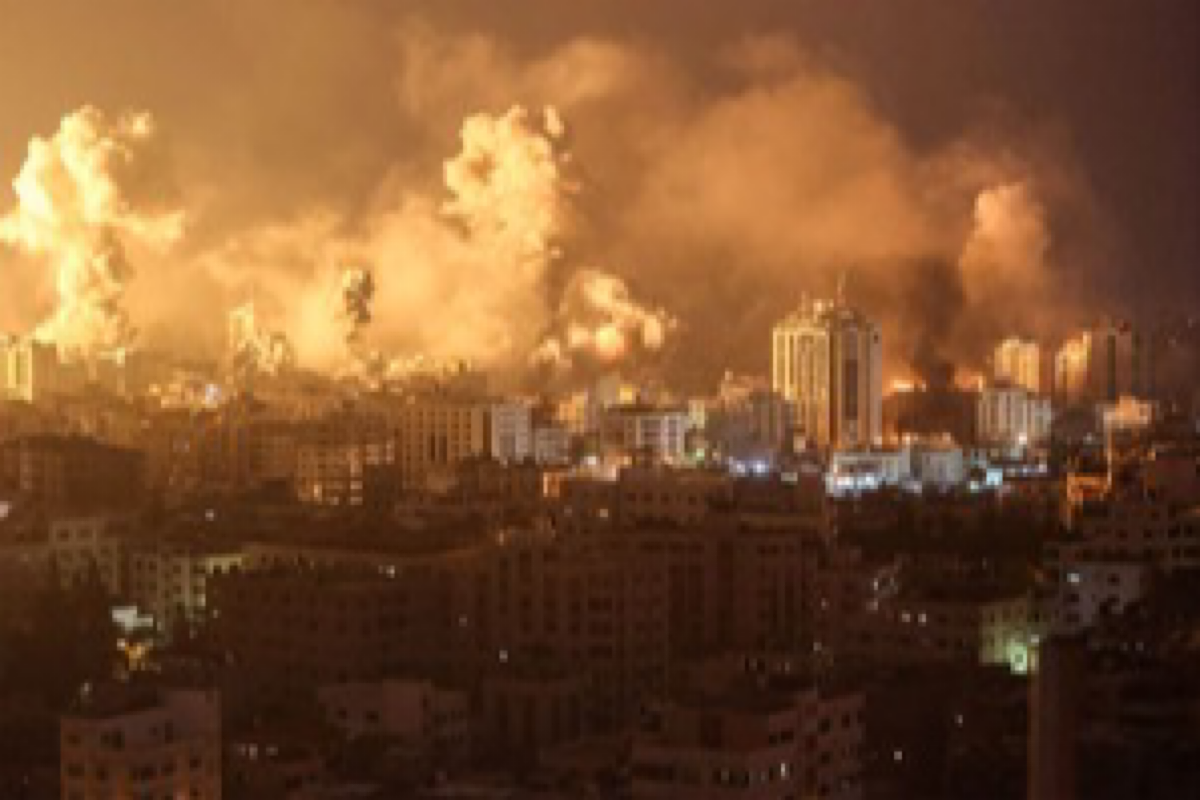The recent truce proposal between Hamas and Israel emerges as a glimmer of hope amid the persistent shadows of discord. The proposed 40-day pause in military operations, coupled with a hostage exchange and humanitarian initiatives, raises cautious optimism for a potential respite in the strife-ridden Gaza Strip. The key elements of the proposed ceasefire offer a multifaceted approach to alleviate the longstanding humanitarian crisis in Gaza. Repairing hospitals and bakeries, delivering aid through a significant number of trucks, and providing shelters for the displaced signal an earnest attempt to address the immediate needs of the population. Such measures, if implemented, could offer a brief reprieve from the dire conditions faced by Gazans.
The proposed exchange of hostages is a daring step, suggesting a willingness on both sides to make concessions for the sake of peace. The intricate details, such as releasing women, children, the elderly, and the sick, reflect a humane approach in a conflict often marred by brutality. Yet, the delicate balance of releasing prisoners and ensuring they are not re-arrested adds a layer of complexity to the negotiations. The international community’s involvement, notably through talks in Paris, underscores the global interest in resolving the Gaza conflict. Mediators intensifying efforts to secure a ceasefire reflect a recognition of the urgency to prevent further escalation and the devastating consequences it could unleash on the already beleaguered population.
Advertisement
The prospect of a million displaced people in Rafah facing an Israeli assault adds urgency to the diplomatic endeavors. US President Joe Biden’s statement regarding Israel’s commitment not to engage in military activities during Ramadan adds a temporal dimension to the proposed truce. The focus on enabling Palestinian evacuation before intensifying any military campaign reflects a strategic move to mitigate potential civilian casualties. However, beneath the surface of these diplomatic maneuvers lies a grim backdrop of past hostilities. The reference to Hamas killing and capturing hostages on October 7, triggering Israel’s subsequent ground assault, paints a stark picture of the cyclical nature of violence in the region.
The toll on human lives, with nearly 30,000 confirmed killed, serves as a haunting reminder of the high cost of unresolved conflicts. As news of this potential truce permeates the media, it is crucial to approach it with tempered optimism. While the outlined proposals offer a pathway to de-escalation, the intricate dynamics of the Middle East demand careful scrutiny. The international community must remain vigilant, urging both parties to honour their commitments and work towards a sustainable peace that addresses the root causes of the conflict.
The proposed truce in Gaza holds promise, presenting a unique opportunity for a temporary halt in hostilities and a focus on humanitarian efforts. The path to lasting peace in Gaza remains uncertain, yet the pursuit of dialogue is a commendable step towards a more stable and humane future for the region.











